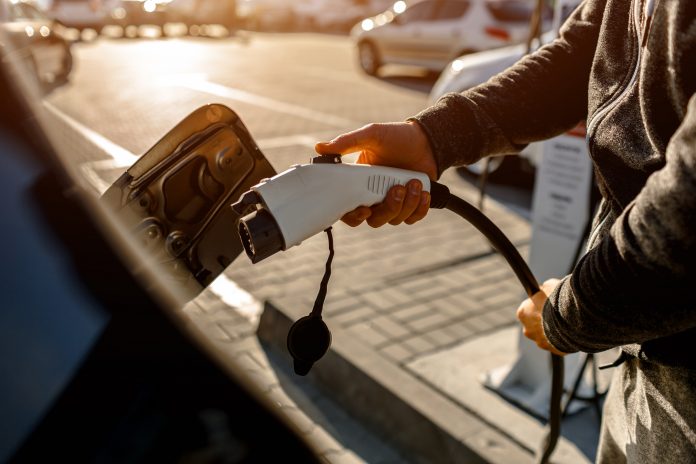To foster the transition to a net-zero economy, the Commission has approved the Spanish scheme to support the production of industrial electric car batteries
Under the Temporary Crisis and Transition Framework, the EU is funding €837 million to produce electric car batteries and improve the industrial chain of electric and connected vehicles.
The European Commission is supporting sectors transitioning to the net-zero economy in line with the Green Deal Industrial Plan, especially companies producing batteries, which aim to draw their resources away from raw materials.
The Spanish scheme for electric car batteries is necessary for the Commission to accelerate the green transition and facilitate the development of certain economic activities, for the implementation of the Green Deal Industrial Plan, in line with Article 107(3)(c) TFEU and the conditions set out in the Temporary Crisis and Transition Framework.
Financing for clean tech production in Europe
These scheme frameworks are helping Member States to deliver on their projects under National Recovery and Resilience Plans, supporting the economy despite hindrances like Russia’s war against Ukraine.
The maximum aid amount per beneficiary of the electric car batteries scheme will range between €100 million and €300 million for investment in the field of batteries, depending on whether it takes place in an assisted area or not.
Between €100 million and €300 million for investment in the field of batteries
The maximum aid must also not exceed €100 million for investments in essential components, or exceed €25 million for the investment in raw materials.
Approving the scheme under the Temporary Crisis and Transition Framework
Adopted by the Commission in March 2023, the State Aid Temporary Crisis and Transition Framework will support sectors which are key to accelerating the green transition and work with these industries to reduce their fuel dependencies.
The new Framework amends the Temporary Crisis Framework, allowing Member States to better support the economy during this geopolitical crisis.
This scheme will also be partially funded through the Recovery and Resilience Facility (‘RRF’), taking form of direct loans and grants.
The Commission found that the Spanish scheme suited the conditions set out in the Temporary Crisis and Transition Framework as the aid will incentivise the production of relevant equipment for the transition towards a net-zero economy no later than December 2025.











